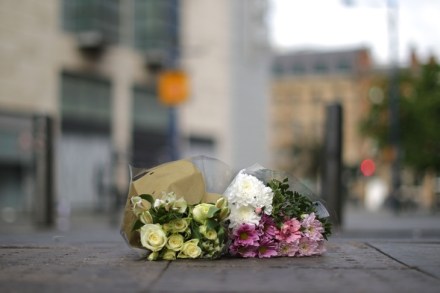Wine Club 27 May
All six wines this week come from the Languedoc, courtesy of Jason Yapp, that canny wine hound who understands the twists and turns of France’s largest vineyard area better than anyone I know. And so happy is he with our selection that he’s lopped a quid off every bottle. The Domaine Collin Crémant de Limoux Cuvée Rosé Brut NV (1) is a stunningly fine pink fizz from just south of Carcassonne where they were making sparkling wines almost 140 years before they worked out how to do it in Champagne. A bottle-fermented blend of Chardonnay, Chenin Blanc and Pinot Noir, it’s full of lush, ripe raspberries and wild strawberries but




















